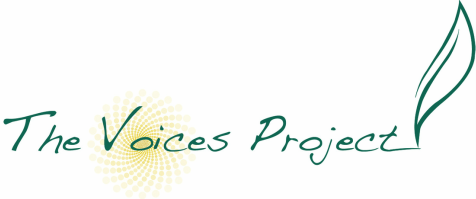eyebrow-raising sin
as I grew up,
Aunt Willie was alien
to women like my mother
and the other sisters,
1950s housewives who never
wavered from family dinners,
who scrubbed floors on their knees,
who whitened and brightened
and lived days for others.
We overheard the conversations,
lured by the ripe tantalizing words--
lovers,
affair,
abortion--
before we even knew their power,
never quite sure if they were jealous
or betrayed by her absence,
her early Midwest departure
from the land of snow and ice
to the warmer embrace
of oceans and elegance.
We saw the pictures:
the red plump of mouth,
dark wink of eye,
long tan legs on display,
proudly showing off curves
our mothers hid under aprons
or high-necked fussy blouses,
the allure our fathers lusted
but never mentioned aloud,
dropping the dreaded Willie
for her given Wilhelmina
in B movie credits.
Maybe they resented her
strength and independence,
her attention to self
long before liberation came
to kitchens or bedrooms,
or wondered how a family
so solemn could spawn
such an exotic mutation,
one we were taught not to be like
but never understood why.
So while we grew
to be good girls,
there was that gene
that made us doubt,
made us roll our skirt bands
up to flash more skin,
kept our hands raised
long after teachers
called on all the boys,
caused us to wonder
how we would look
in army tanks or space ships,
to imagine a woman reaching
against black sheep odds,
a woman reaching
toward uncommon dreams,
a woman reaching . . .
Allison Thorpe is the author of one book of poetry and one chapbook. She has published in a variety of magazines and journals. She began her career in the 8th grade when her teacher introduced her to creative writing, and she has been hooked ever since.

 RSS Feed
RSS Feed